Law and Medicine in Revolutionary America
Studies in Eighteenth-Century America and the Atlantic World
co-sponsored byThe Lawrence Henry Gipson Institute for Eighteenth-Century Studies, Lehigh University
General Editor: Scott Paul Gordon, Lehigh University
Publishing rich, innovative scholarship that extends and enlarges the field of early American studies, Studies in Eighteenth-Century America and the Atlantic World embraces interdisciplinary work in eighteenth-century transatlantic literature, history, visual arts, material culture, religion, education, law, and medicine.
Titles in This Series
Linda Myrsiades, Law and Medicine in Revolutionary America: Dissecting the Rush v. Cobbett Trial, 1799
William A. Pencak, Contested Commonwealths: Essays in American History
Dorothy T. Potter, Food for Apollo: Cultivated Music in Antebellum Pennsylvania
James P. Myers, Jr., The Ordeal of Thomas Barton: Anglican Missionary in the Pennsylvania Backcountry, 1755-1780
Heikki Lempa and Paul Peucker, eds., Self, Community, World: Moravian Education in a Transatlantic World
Priscilla H. Roberts and Richard S. Roberts, Thomas Barclay (1728-1793): Consul in France, Diplomat in Barbary
Sarah Fatherly, Gentlewomen and Learned Ladies: Women and Elite Families in Eighteenth-Century Philadelphia
Jewel A. Smith, Music, Women, and Pianos: The Moravian Young Ladies Seminary in Antebellum Bethlehem, Pennsylvania (1815-1860)
Jean R. Soderlund and Catherine S. Parzynski, eds., Backcountry Crucibles: The Lehigh Valley from Settlement to Steel
Charles K. Jones, Francis Johnson (1792-1844): Chronicle of a Black Musician in Early Nineteenth-Century Philadelphia
Steven Craig Harper, Promised Land: Penns Holy Experiment, The Walking Purchase, and the Dispossession of Delawares, 1600-1763
http://inpress.sites.lehigh.edu/
Law and Medicine in Revolutionary America
Dissecting the Rush v. Cobbett Trial, 1799
Linda Myrsiades
LEHIGH UNIVERSITY PRESS
Bethlehem
Published by Lehigh University Press
Co-published with The Rowman & Littlefield Publishing Group, Inc.
4501 Forbes Boulevard, Suite 200, Lanham, Maryland 20706
10 Thornbury Road, Plymouth PL6 7PP, United Kingdom
Copyright 2012 by Linda Myrsiades
All rights reserved. No part of this publication may be reproduced, stored in a retrieval system, or transmitted in any form or by any means, electronic, mechanical, photocopying, recording, or otherwise, without the prior permission of the publisher.
British Library Cataloguing in Publication Information Available
Library of Congress Cataloging-in-Publication Data
Myrsiades, Linda S.
Law and medicine in revolutionary America : dissecting the Rush v. Cobbett trial, 1799 / Linda Myrsiades.
p. cm.
Includes bibliographical references and index.
ISBN 978-1-61146-102-2 (cloth : alk. paper) ISBN 978-1-61146-103-9 (electronic)
1. Rush, Benjamin, 17461813Trials, litigation, etc. 2. Cobbett, William, 17631835Trials, litigation, etc. 3. Porcupines gazette. 4. Trials (Libel)PennsylvaniaPhiladelphiaHistory18th century. I. Title.
KF228.R85M97 2012
346.73034dc23
2012008375
 The paper used in this publication meets the minimum requirements of American National Standard for Information SciencesPermanence of Paper for Printed Library Materials, ANSI/NISO Z39.48-1992.
The paper used in this publication meets the minimum requirements of American National Standard for Information SciencesPermanence of Paper for Printed Library Materials, ANSI/NISO Z39.48-1992.
Printed in the United States of America
Acknowledgments
T his study is indebted to the support of my home institution, West Chester University, which in many waysgrants of research support, talented library staff, supportive colleagueshas provided the best possible climate for teaching faculty invested in scholarship.
I appreciate the cooperation of the following societies and collections for their kindness and assistance during my studies at their sites and for their help in locating images, providing copies of images, and granting permission to use images from their holdings: The Historical Society of Pennsylvania, The Library of Congress, The National Library of Medicine, The College of Physicians of Philadelphia, The Boston Public Library, and The New York Historical Society.
I express with this book my deep affection for the premier member of team Myrsiades, my husband Kostas, who has been my rock and my comfort over my career.
Prolegomena
T his study provides a textual reading of an important and largely unstudied eighteenth-century libel trial, Rush v. Cobbett , together with a cultural analysis in terms of how it affected or was affected by trial law, medicine, the press, and religion as they informed the trial, trial strategies, and the roles of Benjamin Rush and William Cobbett, the plaintiff and the defendant in the trial. The case arose out of the events of the 1797 yellow fever epidemic in Philadelphia and Cobbetts attacks in Porcupines Gazette on Rushs heroic bleeding practices, practices that were as controversial in the medical community as they were widely adopted.
Rush was a leading republican in Philadelphia and a signer of the Declaration of Independence, which made him a prime target for a federalist journalist like Cobbett, who saw in Rush a figure who posed a danger to the health of the city as a medical man and to the health of the body politic as a political figure. Cobbetts preferred mode of attack was satire, a weapon he used to ridicule Rush relentlessly and which left him open to a libel charge by his victim. Rushs response was to file a civil action against the journalist, taking advantage of the opportunity to have the case heard by the prestigious Pennsylvania Supreme Court sitting en banc as a trier of the facts.
A rash of libel suits clogged Philadelphia courts at the time and was deplored by Rushs prosecution team and the presiding justices Edward Shippen, Jasper Yeates, and Thomas Smith. Libel suits were an issue of concern to legal figures, politicians, and the public at large for their tendency to fuel feuds and duels and to lead to mob actions, undermining the efficacy of the legal system and confidence in it. At the same time, the liberty of the press upon which Cobbett relied was itself threatened every time a publisher was taken to court for assailing government officials or private reputations, giving rise to unpopular prosecutions aimed by federalists at the republican press at a time when the new republic was struggling to establish itself as a new nation.
The critical political events of the last two decades of the eighteenth centuryJays Treaty with England of 1795, diplomatic efforts to negotiate with the French in 1798 that resulted in the XYZ Affair, and the Alien and Sedition Acts of 1798were all implicated in the issues addressed in the trial. Rush v. Cobbett occurred just at the cusp of the presidential election of 1800 and at the acme of the frenzied decades that produced the development of political parties, a partisan press, and political consolidation of the new republic. The trial embodied the republican-federalist contests of the period, pitted liberty of the press against the privacy interests of individuals, and engaged in the debate between Anglophiles and Francophiles whereby the two sides tried to drag America into the war declared by France against England in 1793. It raised questions about an emerging free enterprise medical marketplace that led to medical malpractice issues that would come to a boil with the turn of the century. The trial occurred at a time when American law had not yet become established as a unique entity distinguished from English common law, a particular problem for the Pennsylvania Supreme Court which had as well to address popular outrage against its adherence to the English law on libel, the very issue it was to try in the Rush case. The case was, moreover, a stellar example of the rhetorical flourish and oratorical eloquence to which the late eighteenth century subscribed. It expressed the shift the nation was experiencing from a religious culture of biblical jeremiad and the evangelism of the Great and Second Awakenings to a secular culture of civic jeremiad and the political development of an American national identity. In every sense, the case was thus a crucible for testing critical issues of the times, even as it presented itself as a contest between the rights of individual reputation (on Rushs side) and first amendment rights of the press (on Cobbetts side) in the young republic.



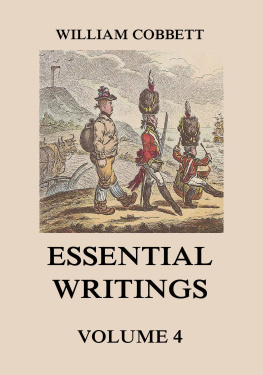
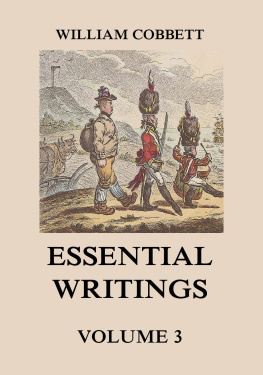
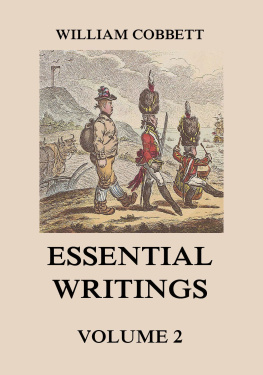
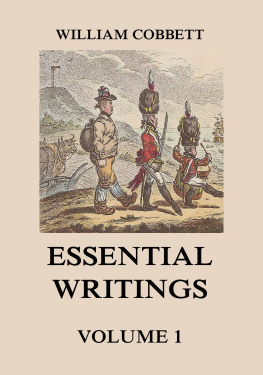
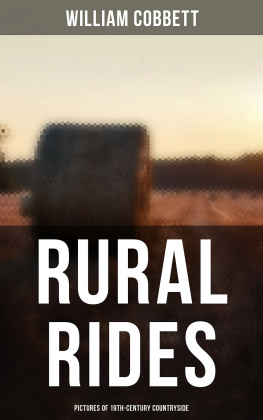
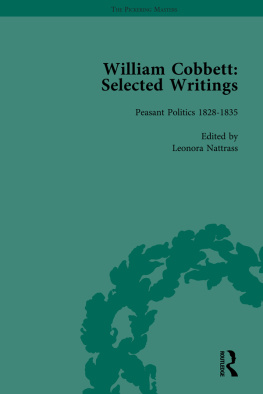
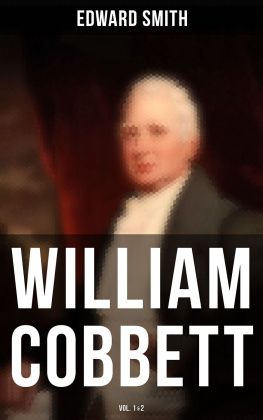
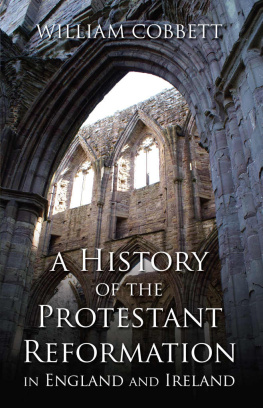
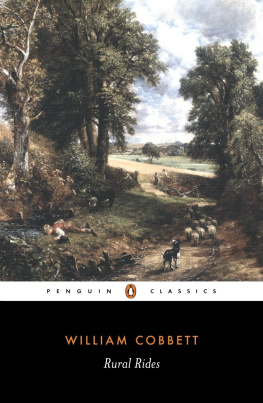
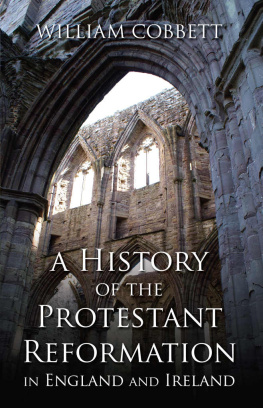
 The paper used in this publication meets the minimum requirements of American National Standard for Information SciencesPermanence of Paper for Printed Library Materials, ANSI/NISO Z39.48-1992.
The paper used in this publication meets the minimum requirements of American National Standard for Information SciencesPermanence of Paper for Printed Library Materials, ANSI/NISO Z39.48-1992.